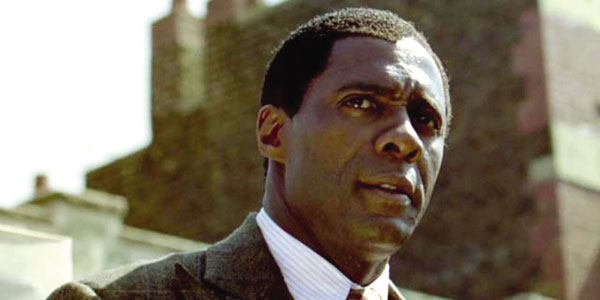
Directed by Justin Chadwick
Starring Idris Elba, Naomie Harris
With the announcement of the great man’s death occurring during the London premiere of this movie, Mandela: Long Walk To Freedom is a well timed recollection of a life that shaped not just a nation, but the consciousness of the world. Adapted from his 1995 autobiography, this movie tells of Nelson Mandela’s involvement in almost 60 years of South African politics.
Starting with his childhood, Mandela: Long Walk To Freedom rapidly progresses through Mandela’s history. From his early career as a lawyer, we see his work with the ANC and the movement’s shift from peaceful to militarised resistance of apartheid, to his incarceration, to his eventual rise as a political leader and the formation of free elections. It grants some insight into the great leader’s motivations, as well as his personal and political life. It also covers the life of his family, especially his second wife, Winnie Mandela, as she becomes more politicised and militant.
Central to this film is Idris Elba’s performance as Mandela. As a young Mandela he has exactly the right amount of charm, charisma and force of will required for the young revolutionary. As the elder statesman he carries the right amount of gravitas to make the role believable, even if he looks in far too robust health to accurately portray the then ailing leader (and despite being caked under layers of obvious aging make-up). Naomie Harris provides a good foil for Elba as Winnie Mandela, bringing a real strength of character. At their first meeting there is a sense of chemistry between the two actors that brings a tenderness to the romance. As Winnie is harassed, imprisoned and tortured by the authorities, the audience sees Harris visibly harden. Indeed, it is in the scenes between Elba and Harris that Mandela really hits it stride, as both actors are given something substantive to act against and play off well against the other.
In general, director Justin Chadwick (The Other Boleyn Girl) brings us a solid biopic. Beautifully shot, it gives us an accurate feel for the period with its attention to set dressing. Yet in its attempt to cover such a wide breadth of events over various decades during its 140 minutes of running time, Mandela never gives itself the chance to examine anything in detail. Given the importance of many of these events, the visceral impact they had on the world stage, the political debates they spawned and the movements they created, this seems like wasted opportunity. Instead we are given a Cliffs Notes version of an iconic figures history that, while competent, seems vaguely unfulfilling.
An ambitious tale that manages to fall short of it’s goal, Mandela: Long Walk To Freedom is buoyed by the strong performance of its leads and the stature of its subject matter.
DAVID O’CONNELL